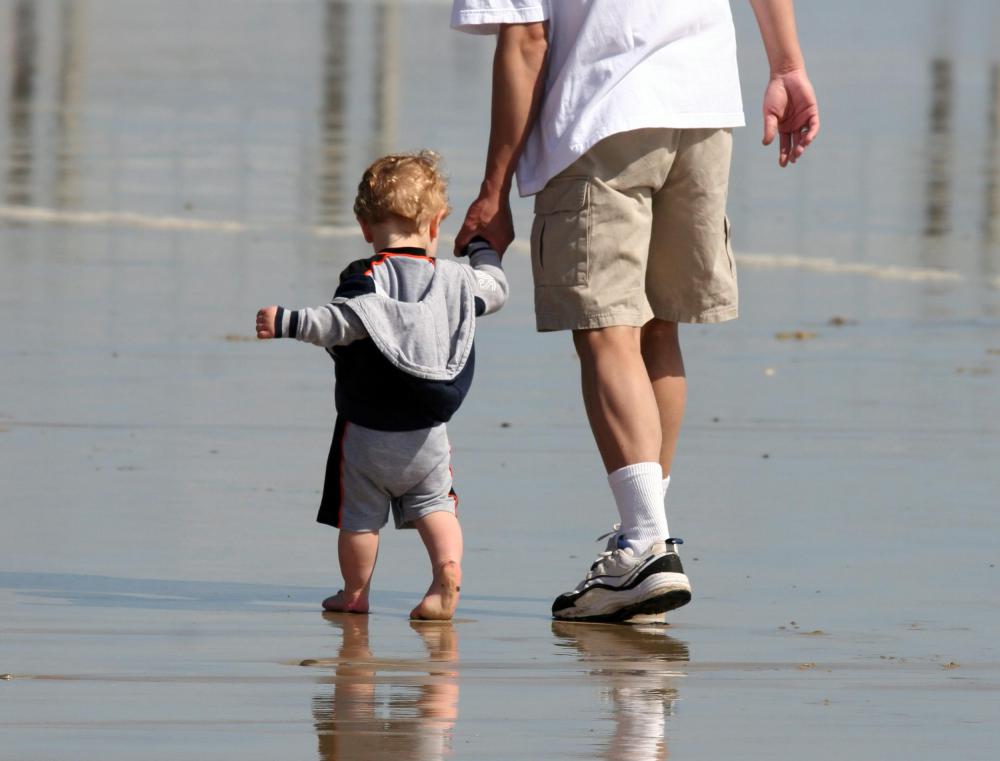At WiseGEEK, we're committed to delivering accurate, trustworthy information. Our expert-authored content is rigorously fact-checked and sourced from credible authorities. Discover how we uphold the highest standards in providing you with reliable knowledge.
What is Apraxia?
Apraxia is the inability to perform precise movements or actions due to a neurological disorder. A person with this condition may want to perform a specific action or make a gesture, and have the physical ability to do so, but their brain prevents them. Manifesting itself in many different ways, apraxia occurs when the cerebral hemispheres of the brain malfunction in such a way that a person is unable to control specific types of fine motor control. Depending on which activities a person has difficulty with, the problem can fall into a number of specific categories. A person may have one or more types at the same time.
Orofacial apraxia, sometimes called buccofacial apraxia, is the most common type. This type limits facial motion and makes it difficult or impossible for a person to lick his or her lips, whistle, or wink. This is the most common type.
Another common type is verbal apraxia. Suffers have a difficult time speaking. It is often diagnosed in childhood if a child develops speech particularly late, or has more than normal difficulty coordinating mouth movements when trying to form words.

There are several types of this condition which cause difficulty in performing tasks. Limb-kenetic apraxia makes it difficult for a person to move their arms and legs accurately. Ideomotor apraxia is the inability to perform an action in response to a verbal command. Ideational apraxia is the inability to perform tasks with multiple steps, such as making a sandwich or taking a shower.
Difficulty moving the eyes as desired is called oculomotor apraxia. Patients with constructional apraxia have difficulty or the inability to draw figures or construct shapes.

This condition can range in severity from mild forms, sometimes called dyspraxia, to very severe ones. Physical therapy, speech therapy, and occupational therapy can sometimes cause improvement. The degree to which therapy relieves the problem varies among patients. Sometimes, there is an underlying neurological disorder that causes the apraxia, particularly in elderly patients. If this is the case, medical treatment for the underlying disorder can sometimes cure the disorder, or make further treatment with therapy more effective.
AS FEATURED ON:
AS FEATURED ON:

















Discuss this Article
Post your comments